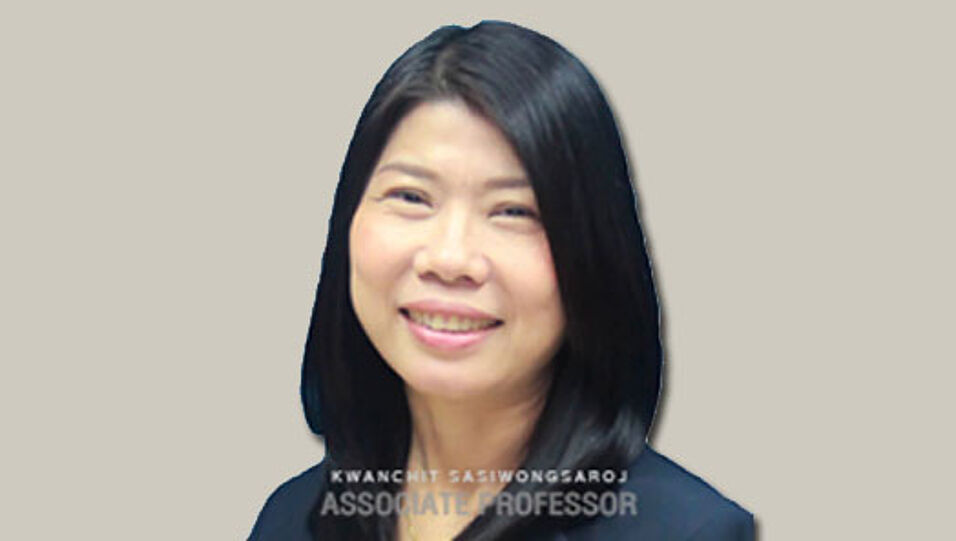Mittwoch, 7. November 2018, 16 Uhr
Institut für Geographie und Regionalforschung
Universität Wien, Universitätsstr. 7/5, 1010 Wien, Konferenzraum
Thailand is one of the three major economies in Southeast Asia and hosts over half of the region’s migrant workers. A number of features of economic development has been attracting low-wage workers from neighbouring countries.
Over three decades, to fill labour gaps resulting from the rapid economic development, the Thai government has been using short-term policies to permit undocumented low-skilled migrants from Cambodia, the Lao People’s Democratic Republic, Myanmar, and Vietnam to work as temporary workers for the period of one year.
The prolonged reliance on the guest workers program not only responds to market demands, but confirms the Thai government’s view that foreign workers are periodically needed to fill the domestic labour shortage. Thailand has only recently acknowledged that migrant workers are an integral part for the Thai economy and has attempted to implement legalization measures.
However, the temporary guest worker policy is lasting longer than designed and is becoming ever more complex. This kind of program arguably threatens the processes of immigrant integration and creates new forms of illegal immigration.
Based on this reasoning, it would be interesting to investigate the impact of this temporary policy on migrants in terms of their socio-economic opportunities and their social integration, and determine precisely how Thailand has addressed the issue of migrant integration. This presentation responds to these two questions with two empirical studies and a review of academic literature on the subject.
Kwanchit Sasiwongsaroj is associate professor at the Research Institute for Languages and Cultures of Asia (RILCA), Mahidol University, Thailand. Her research interests include cross cultural studies focusing on cultural differences between majority and minority ethnic groups, including migrants, and their consequences for their health and well-being. Over the past ten years, she conducted research among religious groups, ethnic hilltribes, and Myanmar migrants on culture, health inequality, and well-being. More recently, she has expanded her research interests to include a broader examination of cultural integration of immigrants in the host country.

